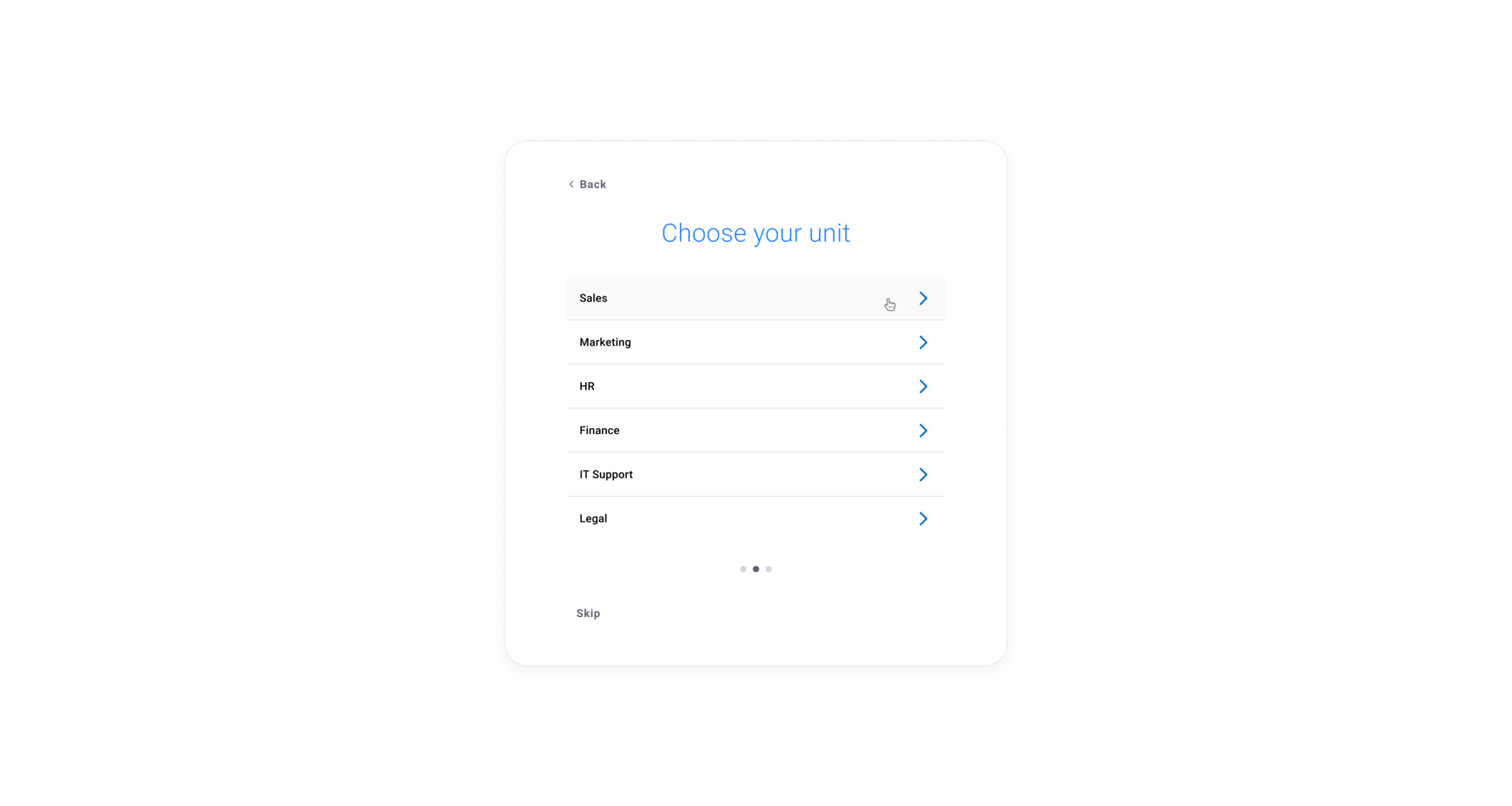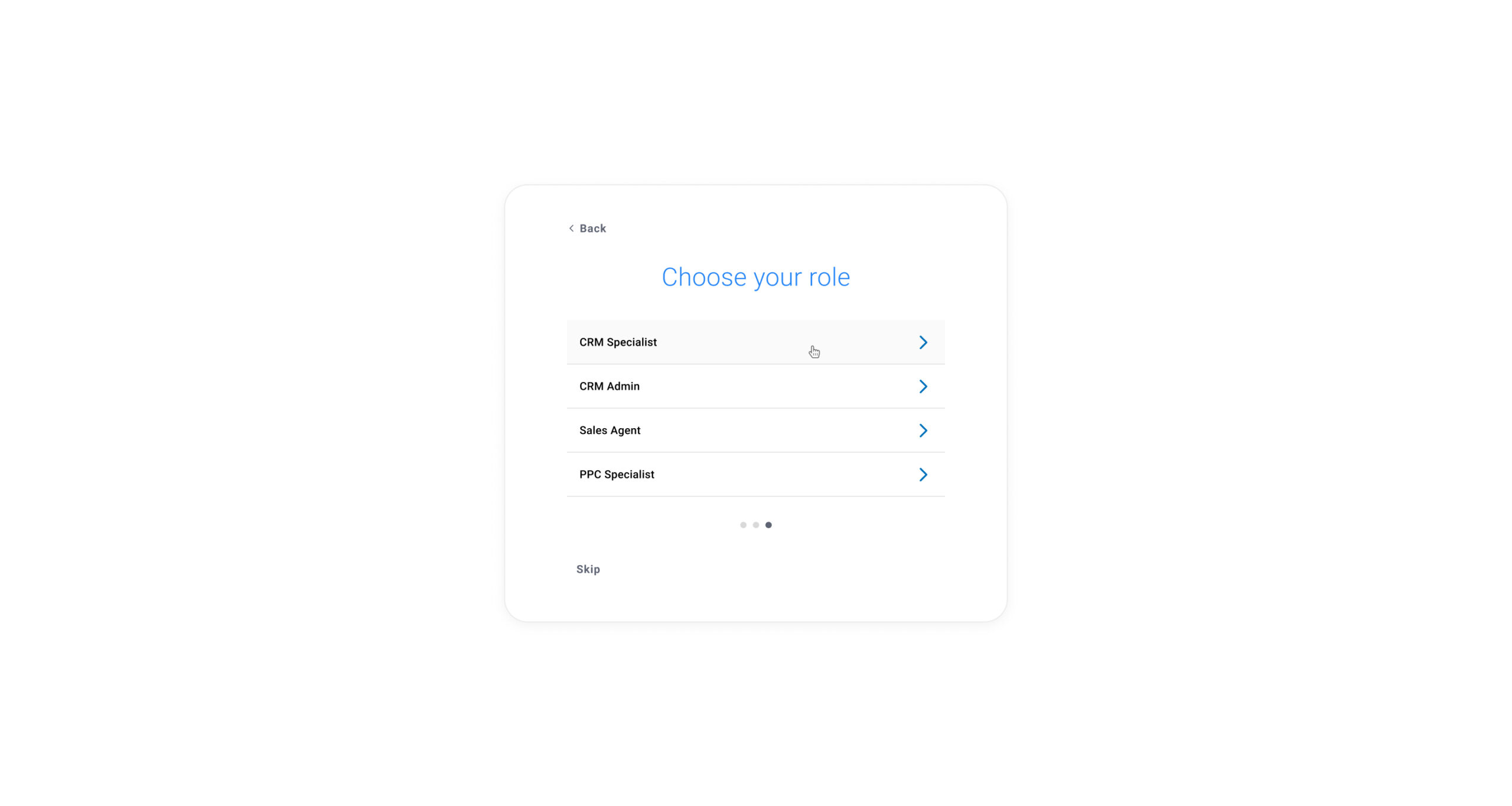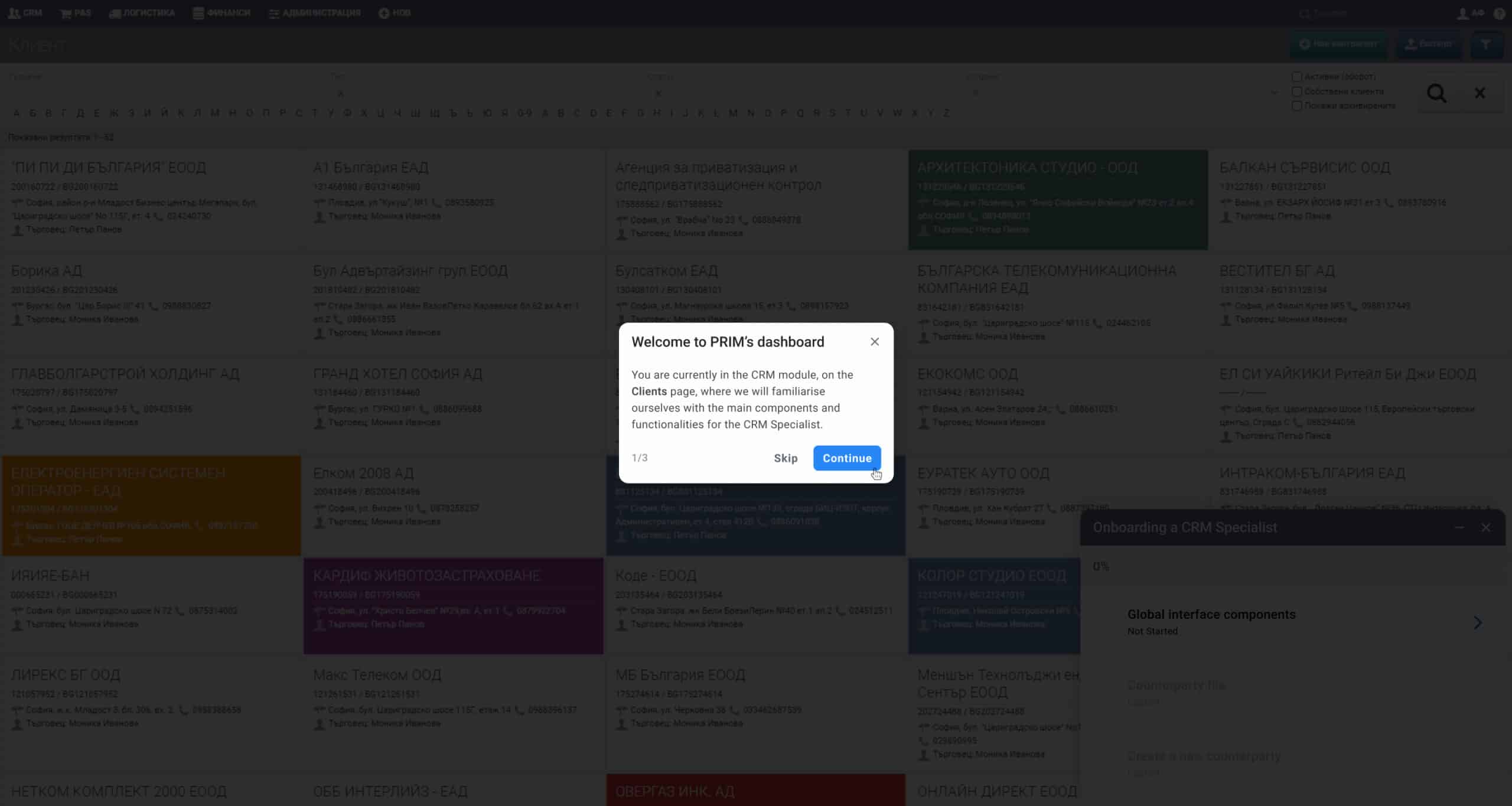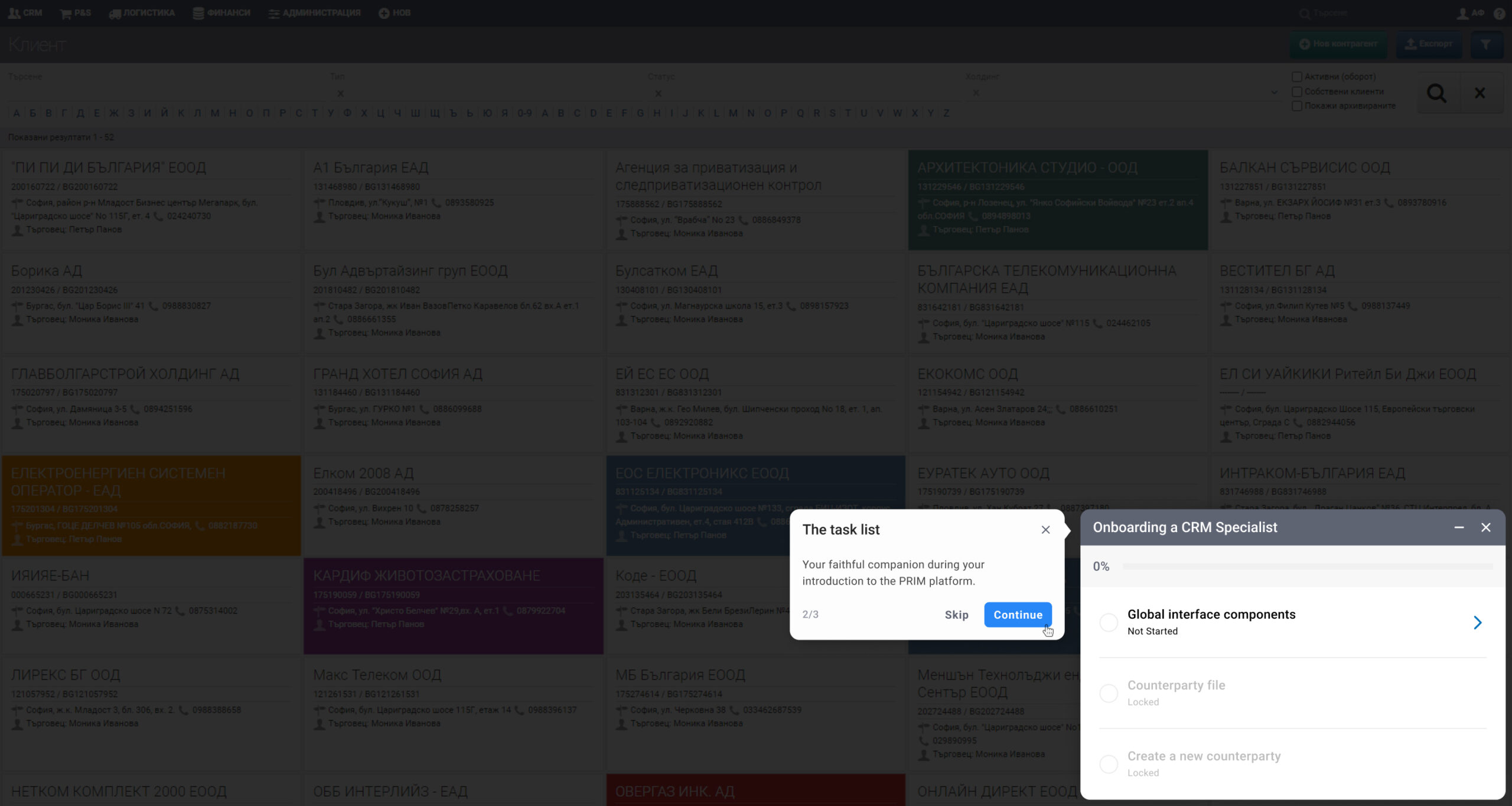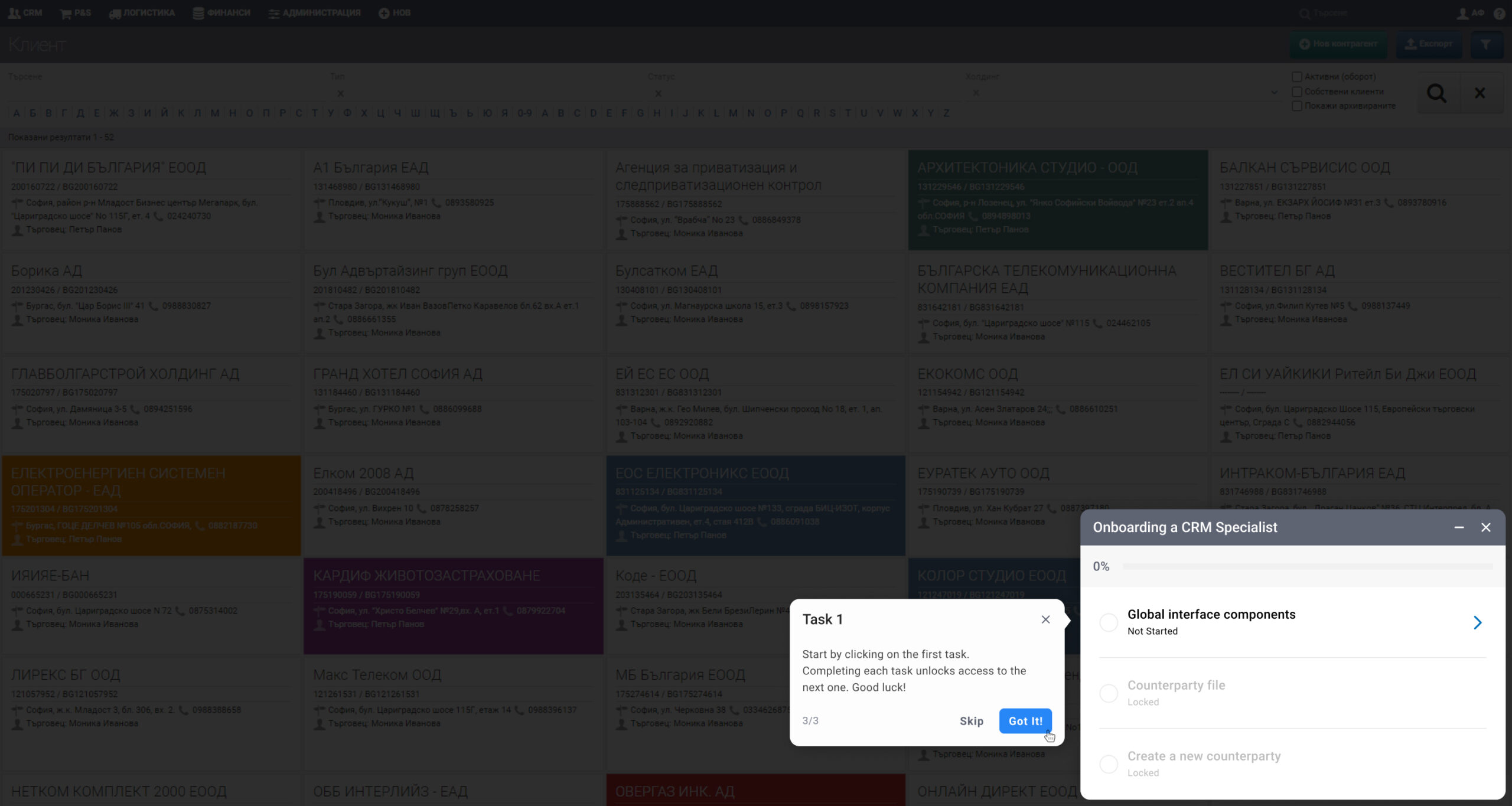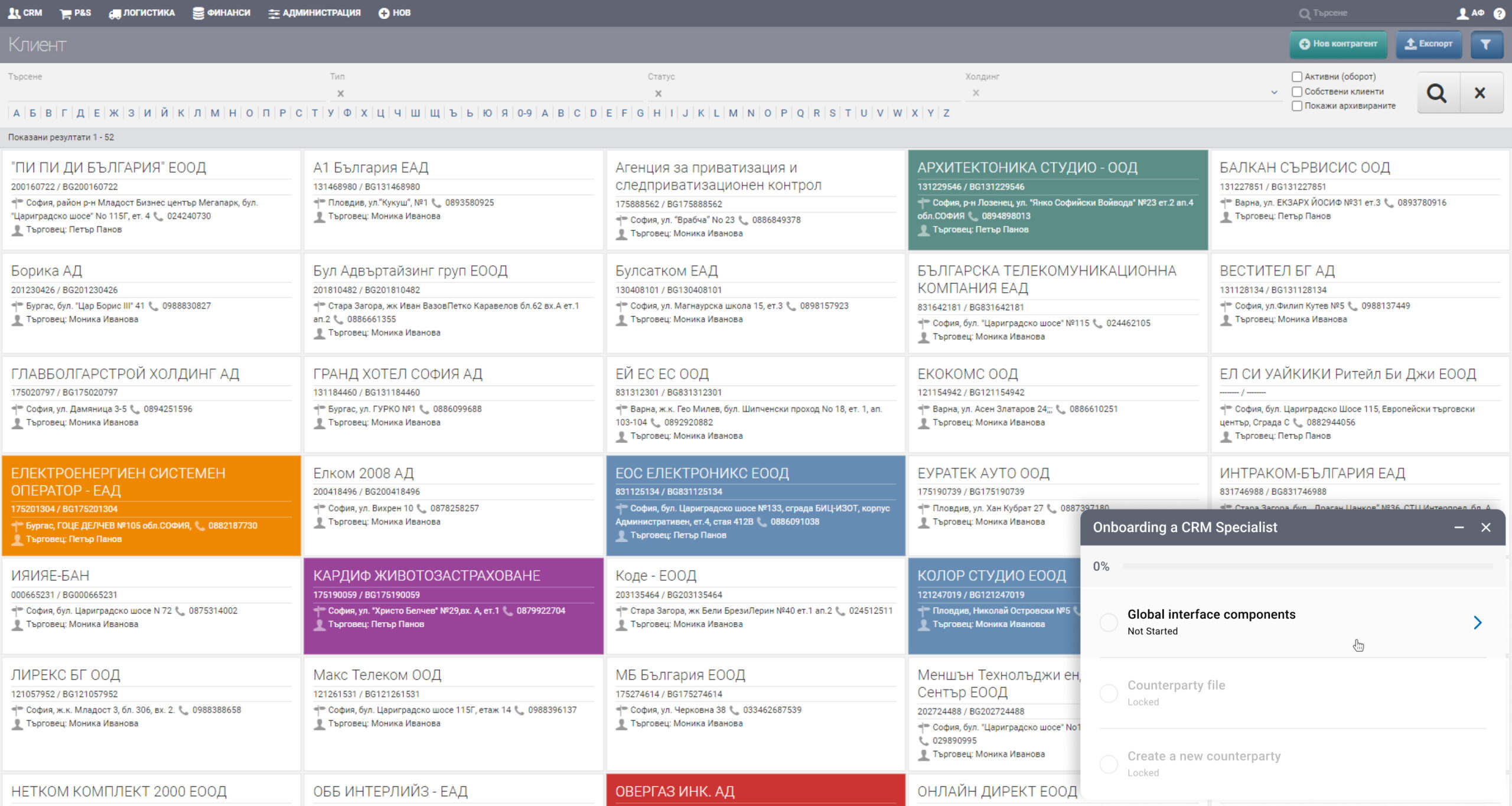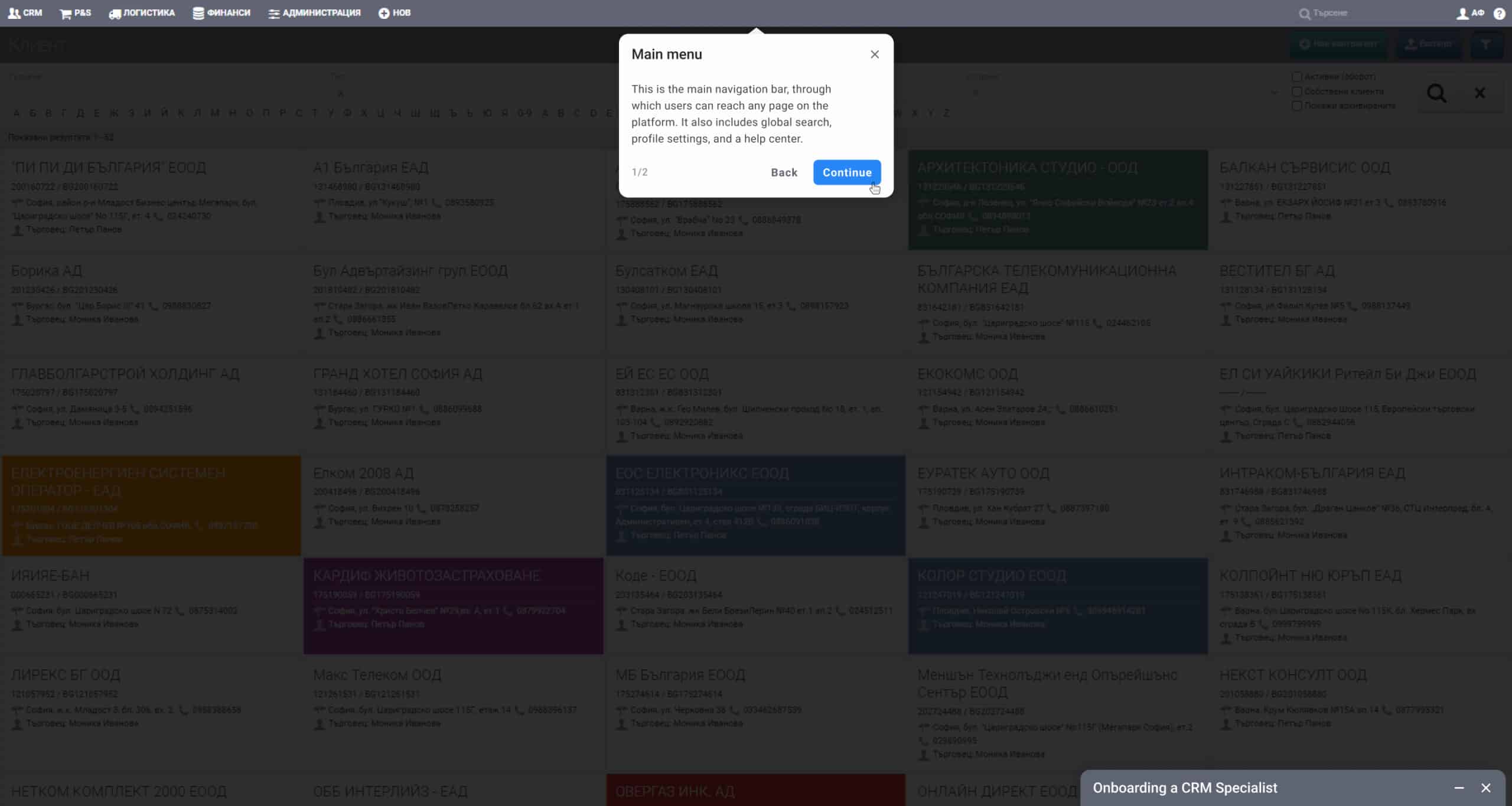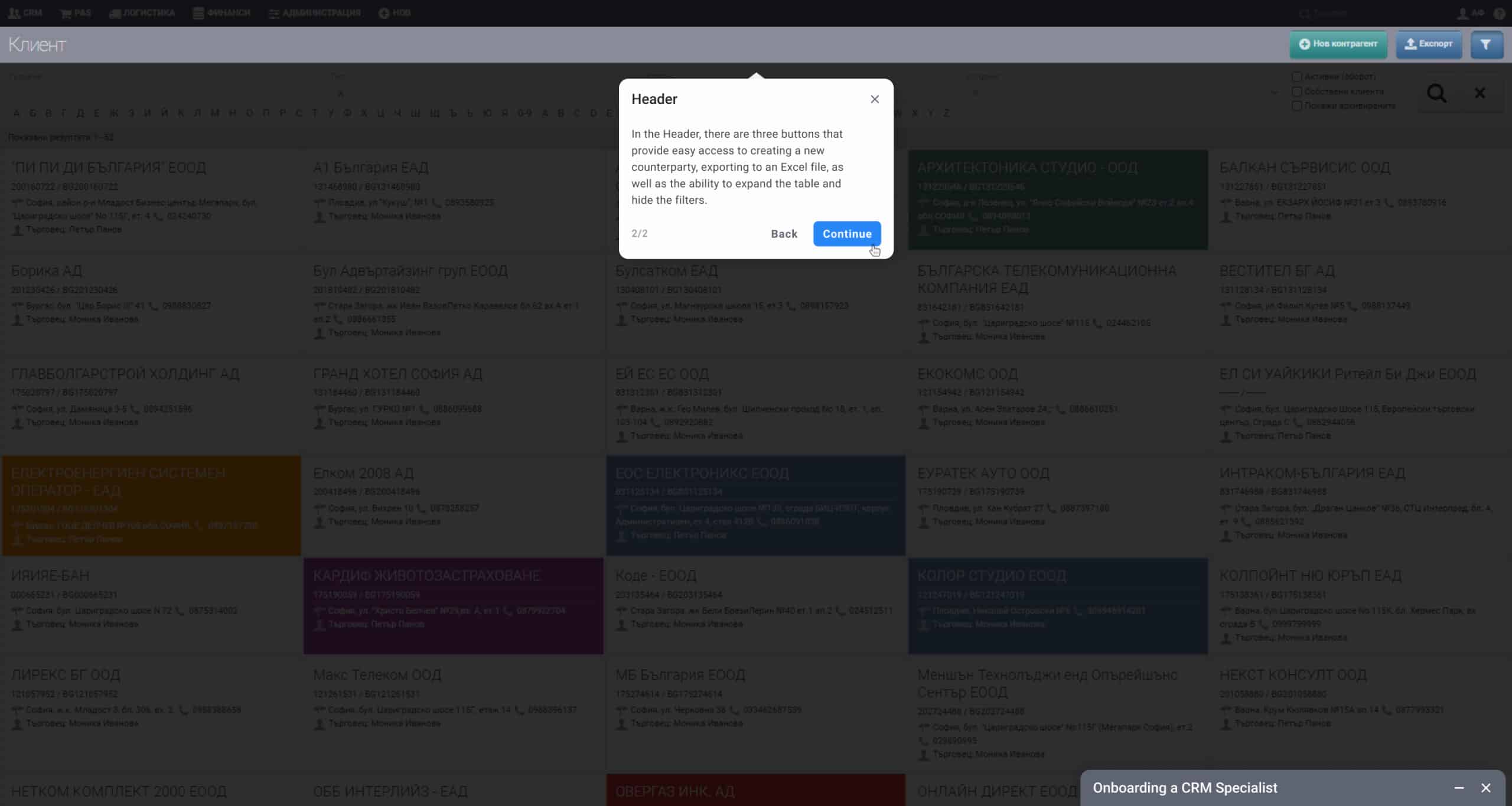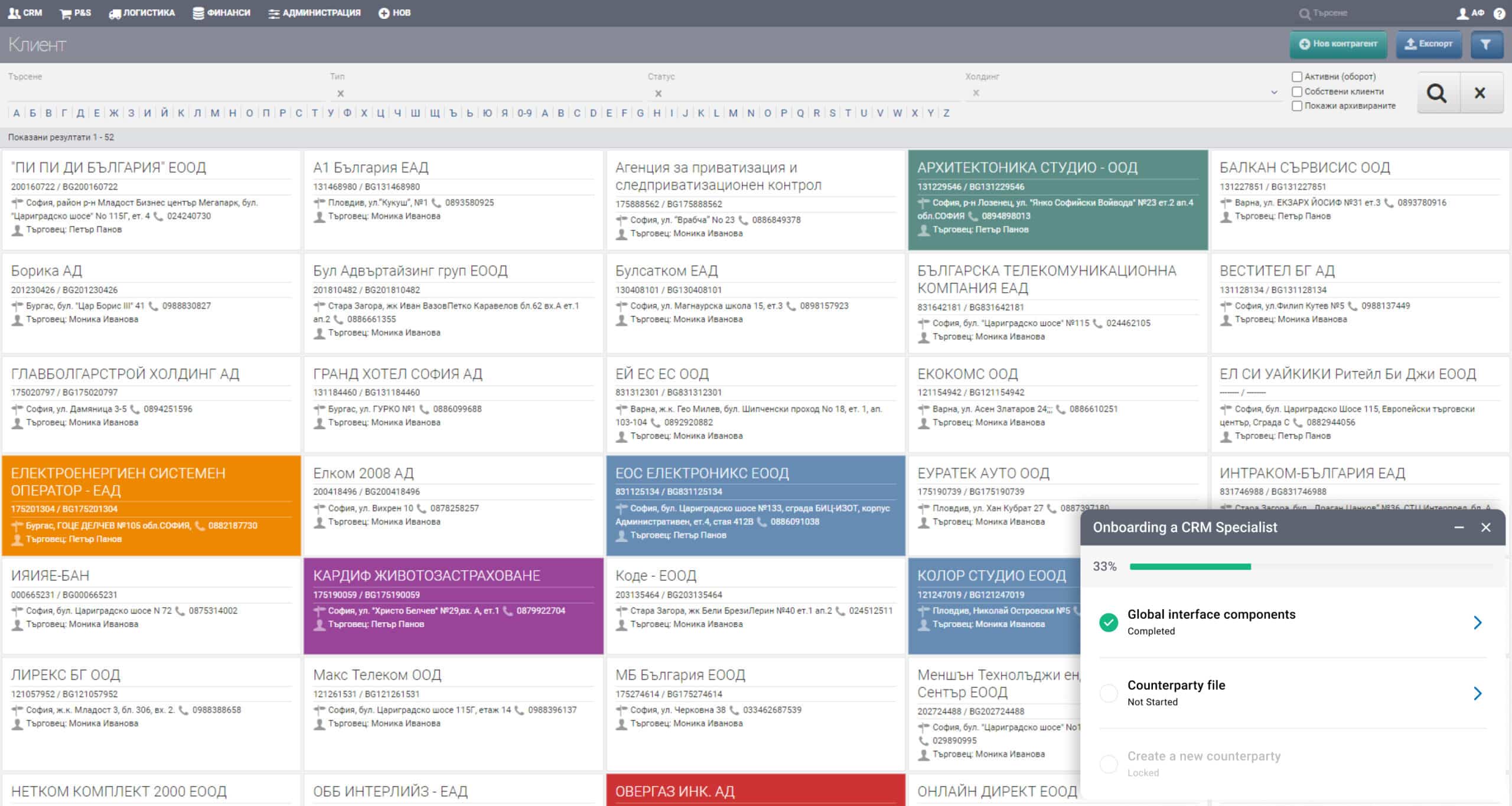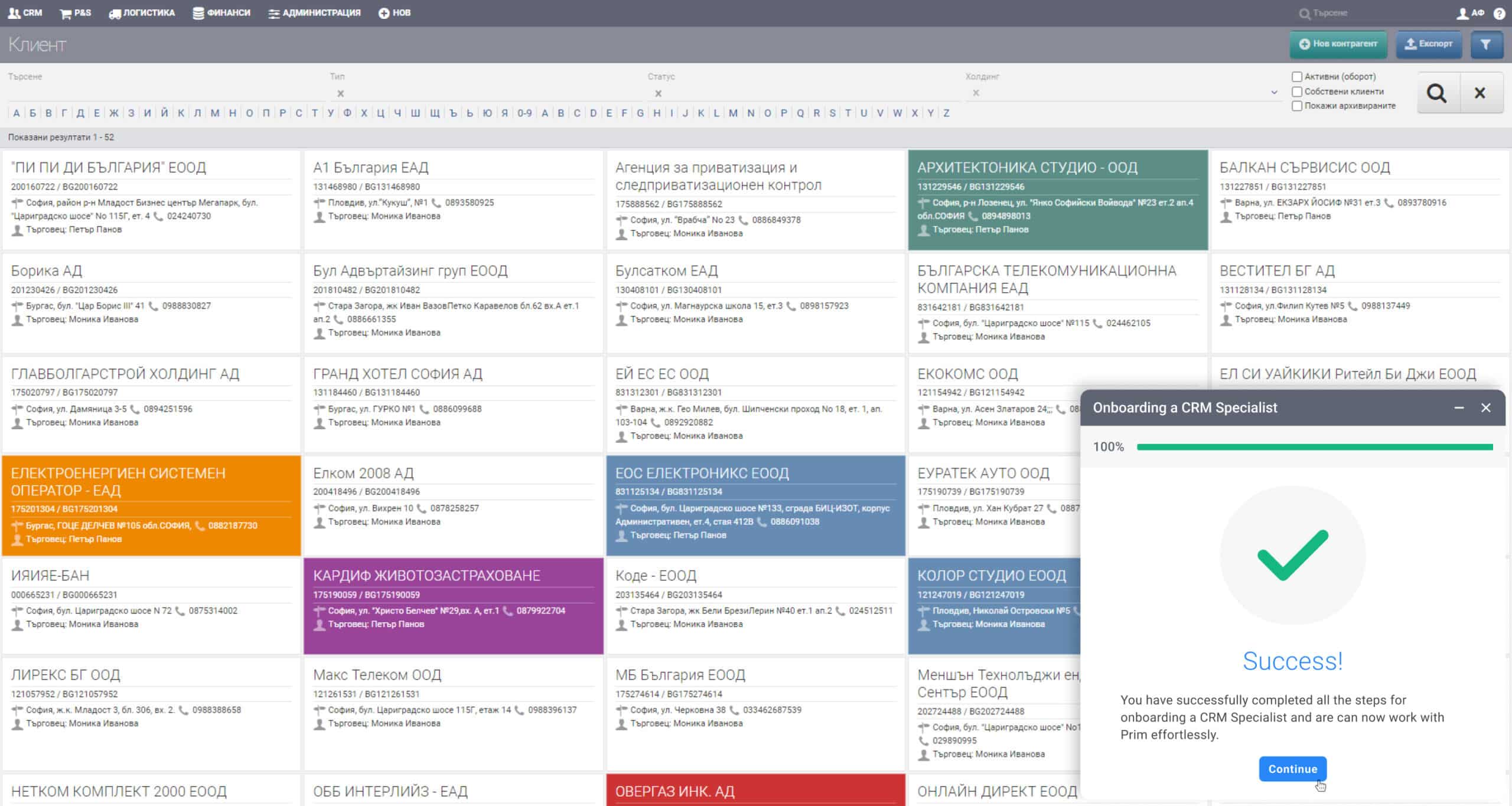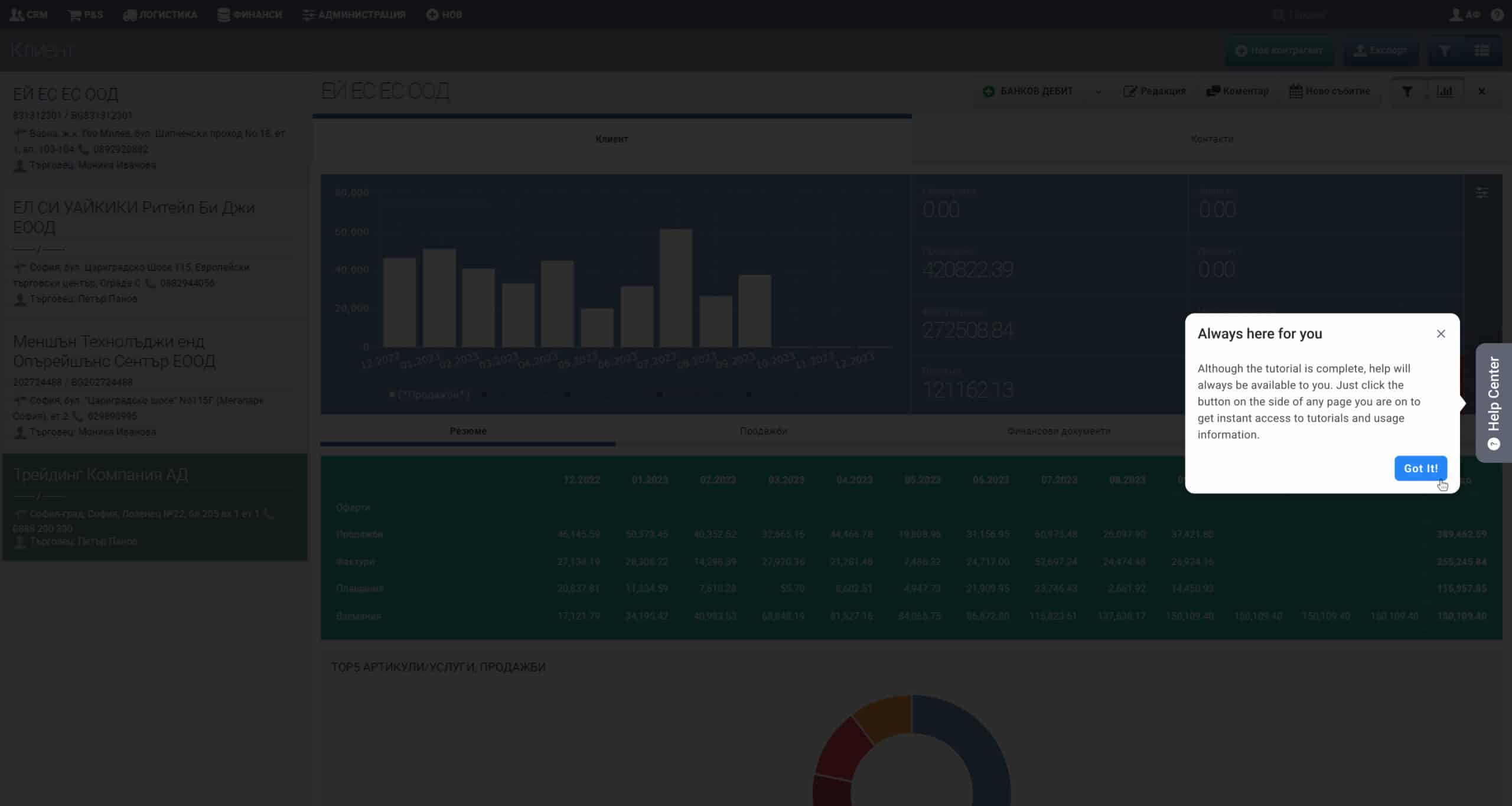Tools used: Figma, FigJam, Mobbin / Project's Year: 2023
Onboarding challenges in an ERP
The idea behind this project was to integrate an onboarding experience for new users of a complex legacy ERP system. The overall business goal was to reduce training costs, as there was a dedicated team spending hours teaching clients how to perform their daily tasks within the ERP product. We implemented a Time to First Value (TTFV) KPI to measure if the onboarding journey helps new users achieve their first meaningful outcome or complete a key task within the system faster.
Data-driven Success
Our primary goal was to enhance user experience through measurable improvements in Time to First Value (TTFV). As a result, we achieved a remarkable nearly 56% increase in users reporting that the onboarding journey significantly eased their work and accelerated their proficiency with the new system.
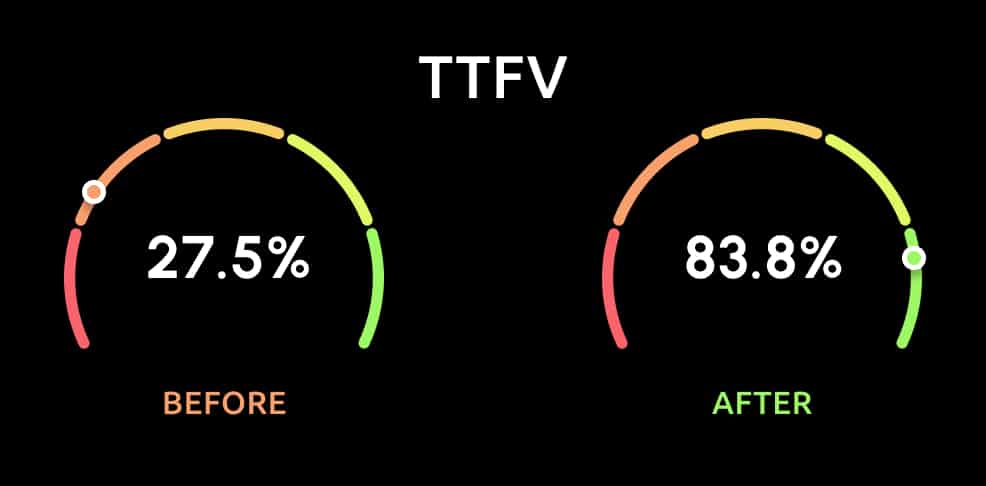
Does Lack of Onboarding Hinder New Users?
The Challenge
During a Discovery session, we found that their ERP software lacked initial guidance, making it difficult for new users to navigate the system effectively.
The Analogy
Imagine arriving in a new city without any signs or welcome information. You'd have to rely solely on your instincts, which isn't an efficient way to orient newcomers.
The Impact
Each system integration required dedicated trainers to teach client personnel, resulting in excessive resources being reinvested in redundant support.
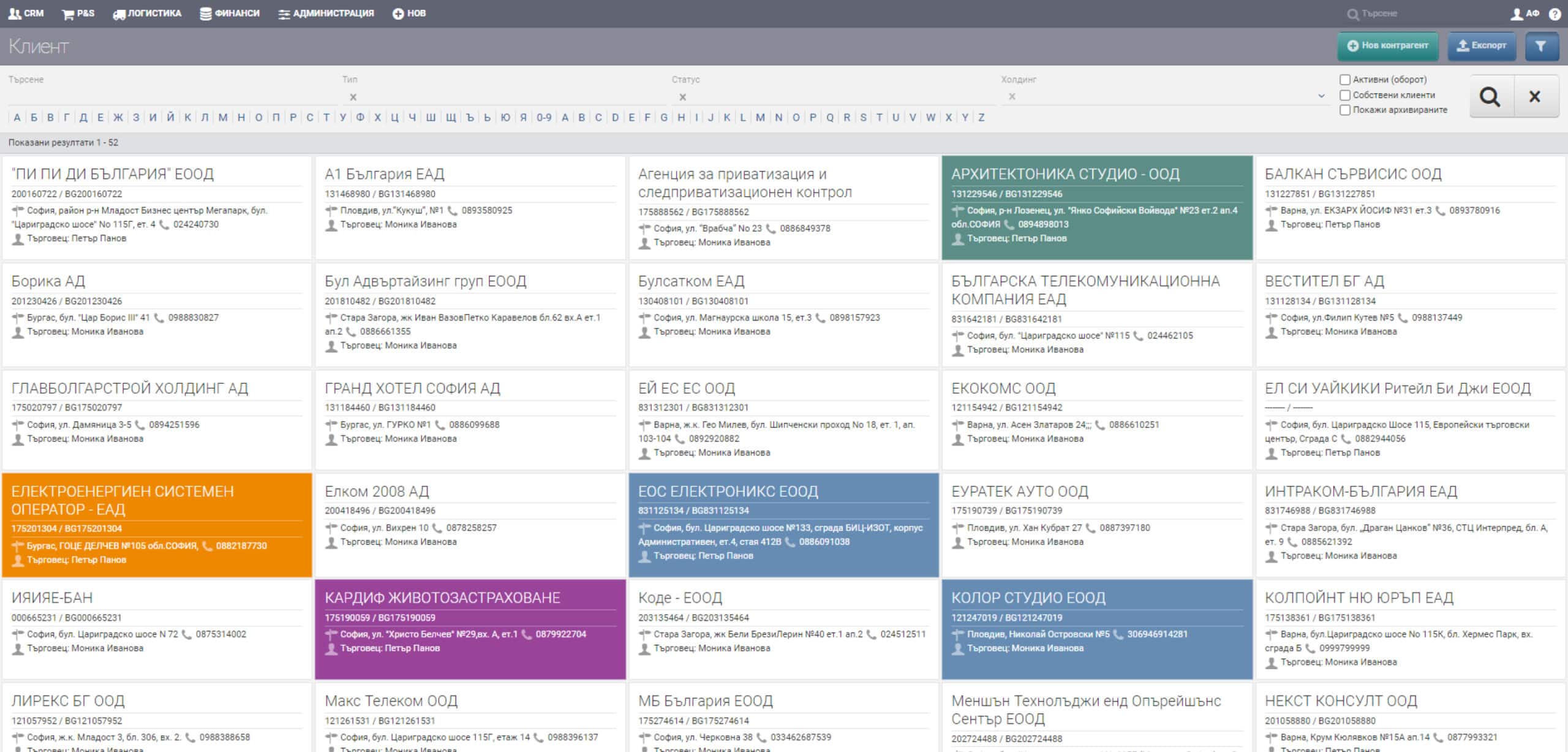
A screenshot of the ERP system's landing page, where no onboarding is being presented to new users.
73%
Users reported difficulty in initial navigation
4.5x
Increase in support tickets from new users
6hr
Average onboarding time per user
28%
Drop in productivity during first month
Defining the Problem
In addressing the challenge, our client focused on improving the onboarding problem by leveraging extensive platform documentation and lengthy tutorial video materials. This however isn't optimal as nowadays people look for a more intuitive way to get themselves quickly onboarded, so as a result, they often skim through such materials due to their time-consuming nature.
Text-heavy
Documentation
While having detailed documentation is essential, it doesn't necessarily mean it's the best way to onboard users. Unless it's easy to navigate, it can be time-consuming.
Lengthy, unengaging
Videos
Videos are helpful to have, as research shows users often prefer watching videos to reading. However, long videos can be boring and not very engaging.
Team of professional
Trainers
Many ERP companies use teams of trained professionals to support their clients. However, this approach can be costly for the business and relies heavily on human factor.
The Solution – Automated, Role-based Onboarding Experience
To match the various ERP users’ needs, we designed separate paths, each accustomed to the unique needs of the main job roles that use the system. The aim was to guide first-time users through the basic structures and main functionalities of the interface. The emphasis is on simplicity and friendliness, ensuring that anyone testing the system can easily grasp the essential aspects of it without requiring extensive assistance.
Introduction screens of the role-based onboarding experience.
Gamified onboarding - an interactive path to engage users
We created a set of built-in educational features. Using gamification, these tools employed practical, self-guided learning methods that new users found interactive and engaging. Through effective UX writing practices, we also simplified the system’s language, making it easily understandable for everyone.
This approach not only streamlined the onboarding process but also accelerated the learning curve, enabling users to quickly become proficient in using the platform.
To further enhance user satisfaction upon completing tasks, a success message has been crafted. Following the completion of the onboarding journey, users can always access help via the Help Center, positioned on the right side of the screen.
This approach not only streamlined the onboarding process but also accelerated the learning curve, enabling users to quickly become proficient in using the platform.
To further enhance user satisfaction upon completing tasks, a success message has been crafted. Following the completion of the onboarding journey, users can always access help via the Help Center, positioned on the right side of the screen.
Screenshots of the gamification onboarding experience. Introducing step by step process.
The future: custom onboarding for every client
This feature will empower each client to effortlessly configure a customized onboarding experience within the ERP’s UI, catering to the unique needs of their users. The vision is to provide flexibility through automation, allowing clients to tailor the onboarding process to align precisely with their users' requirements. This not only enhances user engagement but also fosters a personalized and efficient learning journey within the ERP platform.
Start a Project
Excited to get started? Click the button below to schedule a free consultation with me, where we will discuss your project!
Free consultation

